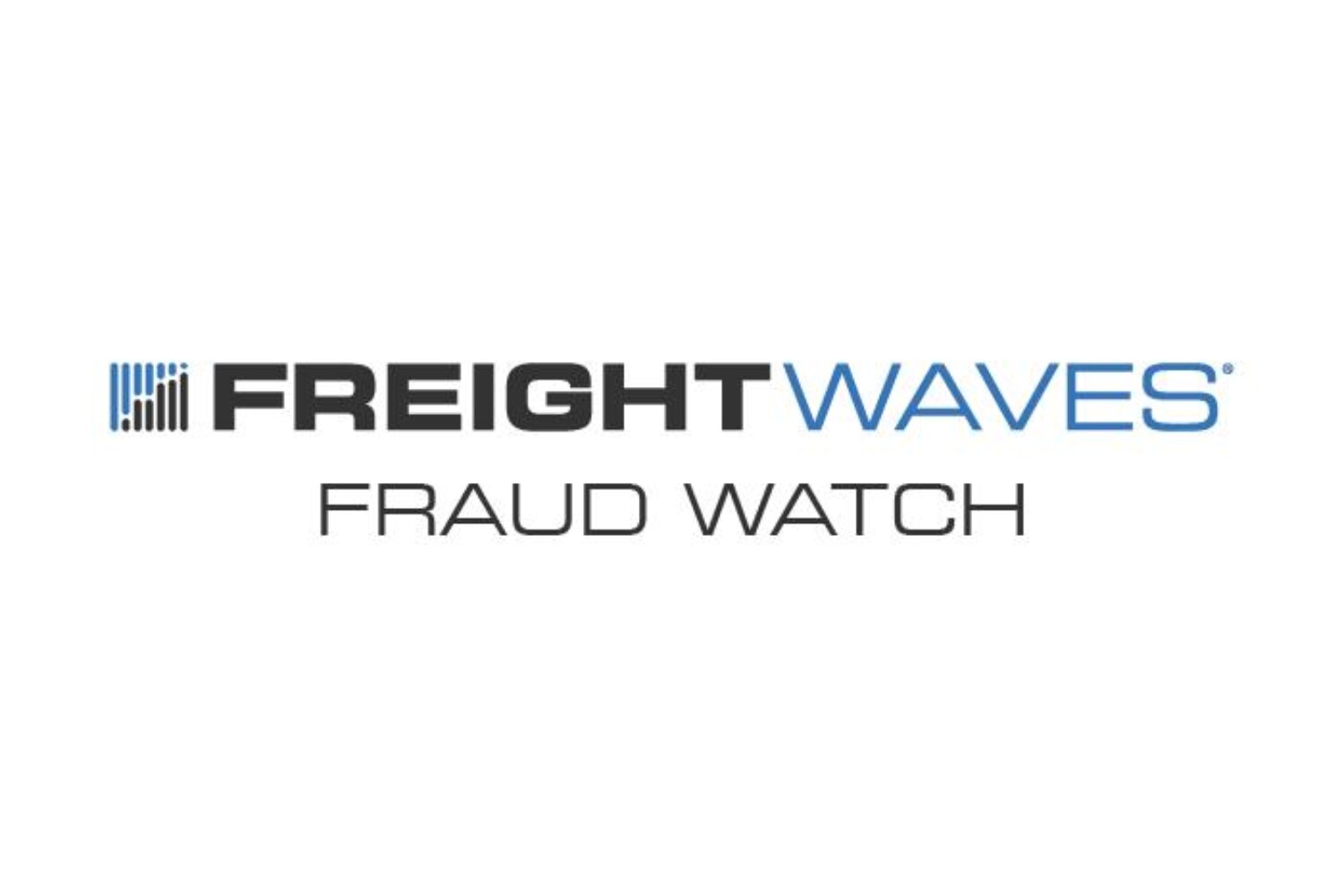Highway launches Trusted Freight Exchange
|
|
|
|
|
Descartes MyCarrierPortal delivers next-gen carrier vetting & monitoring technology to stop fraud before it starts. Protect your freight, ensure compliance, and verify with confidence.
|
|
|
(Photo: Jim Allen / FreightWaves)
|
|
|
Highway and Triumph launch the Trusted Freight Exchange
|
|
|
Highway has launched the Trusted Freight Exchange (TFX), a new platform powered by Triumph, aimed at providing brokers and carriers with a secure alternative to traditional load boards amid rising concerns over freight fraud. The initiative combines Highway’s advanced identity verification and compliance tools with Triumph’s financial intelligence and payment services to enhance transparency and reduce risks in the freight industry.
At its core, TFX integrates robust fraud prevention measures throughout the transaction process. It employs identity proofing to eliminate anonymous users and detect synthetic fraud, while customizable compliance rules allow brokers to restrict load visibility to vetted carriers. Highway’s Load Lock feature identifies overbooked or out-of-range carriers, and the enhanced Load Lock+ uses Electronic Logging Device (ELD) data to verify pickups and deliveries in real time. On the financial front, Triumph’s credit assurance enables carriers to confirm a broker’s payment capability before committing to a load, fostering trust and minimizing non-payment issues.
The platform also leverages Triumph’s rate intelligence, offering carriers free access to market rate ranges based on specific load details. Integration with Triumph’s LoadPay system promises quicker fund disbursements for carriers, while brokers benefit from transparent payment terms visible to carriers upfront. Even non-Triumph customers can participate, though full functionality requires integration. Jordan Graft, Highway’s founder and CEO, emphasized in a statement: “We’re eliminating the fraud and fragmentation of traditional load boards and creating a digital freight exchange defined by trust. This is freight the way it should be.”
Access to TFX is inclusive but regulated: Carriers must provide details on capacity, insurance, and users, while brokers need to be Highway Connect subscribers and meet Triumph’s credit criteria. Qualified carriers can use the platform for free, making it accessible to businesses of all sizes. The development of TFX stems from industry feedback, where brokers highlighted vulnerabilities in conventional load boards and the loss of control in marketplace models. Unlike those systems, TFX positions brokers as central orchestrators, enabling precise, autonomous execution without platform interference.
This launch addresses escalating industry challenges like double brokering, identity theft, and fraudulent activities, which have prompted calls for stricter safeguards from regulators and associations. By prioritizing verified identities, compliance enforcement, and direct secure transactions, TFX represents a shift toward vetted digital exchanges over open, fraud-prone systems. If it gains widespread adoption, TFX could set a new standard for freight platforms, balancing security with efficiency and scale in an evolving market.
|
|
|
Freight Fraud Video of the Week 🤩
|
|
|
The ELD mandate was supposed to make highways safer, but instead it’s created one of the biggest security and safety risks in trucking. On this episode of Freight 360, Danielle Chaffin exposes how fraudulent ELDs fuel crashes, enable drivers to break hours-of-service rules, and leak sensitive cargo data—putting every family on the road at risk.
|
|
|
FMCSA pushes back on freight fraud: What brokers & carriers need to know
FMCSA’s Ken Riddle speaks with Descartes’ Danielle Spinelli about how the agency is modernizing systems and stepping up enforcement.
|
|
|
LAPD busts cargo theft ring fronted by hardware stores
|
(Photo: Los Angeles Police Department)
|
|
|
The Los Angeles Police Department (LAPD) has dismantled a major cargo theft ring allegedly operating through two hardware stores, DJ General Tool & Wire, in Montebello and Huntington Park, which served as fronts for fencing $4.5 million in stolen goods. Police Chief Jim McDonnell revealed the operation on Wednesday, highlighting how the stores sold pilfered items like power tools, e-bikes, and appliances from brands including Dyson, Milwaukee, DeWalt, and Makita. These goods were reportedly stolen from cargo ships, trains, and trucks across Southern California.
The ring’s owner, 41-year-old Dojoon Park of Montebello, was arrested on suspicion of receiving stolen property. Los Angeles County District Attorney Nathan Hochman stated his office is evaluating charges that could lead to "maximum sentences of years of state prison time." The investigation, a joint effort with Union Pacific Police and Los Angeles Port Police, uncovered the stolen merchandise during search warrants executed at the stores. Authorities linked the items to broader cargo thefts, with sales occurring both in-store and via online platforms.
Hochman emphasized the bust as a deterrent, warning thieves and fences: "If you’re out there on the tracks right now thinking you can go ahead and rip off Union Pacific or BNSF or any of the railroads, think differently. If you’re receiving these stolen goods, look over your shoulder, because the next commissary that you deal with is not going to be an online marketplace, it’ll be a commissary of a jail or a prison." Police Chief McDonnell underscored that cargo theft is not victimless, impacting retailers, distributors, and consumers while threatening the region’s supply chain integrity and economic stability.
LAPD Deputy Chief Alan Hamilton noted that everyone in the theft chain—from stealers to transporters and sellers—faces vigorous prosecution. Capt. Calvin Mah of the Sheriff’s Department’s Major Crimes Bureau described Los Angeles County’s black market as dealing in "anything and everything." This year alone, LAPD has recovered nearly $4 million in stolen cargo, including $2.7 million in bitcoin-mining computers from another organized ring.
The operation reflects the increasing sophistication of cargo theft in the area, where criminals intercept high-value shipments en route to ports and warehouses. Hochman prioritizes combating such crimes to preserve Los Angeles’s status as a premier port city for global trade. More arrests are anticipated as the probe continues, signaling a crackdown on organized freight crimes that could reshape enforcement strategies in the region.
|
|
|
|
![]()

![]()